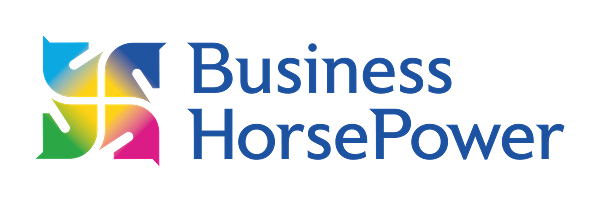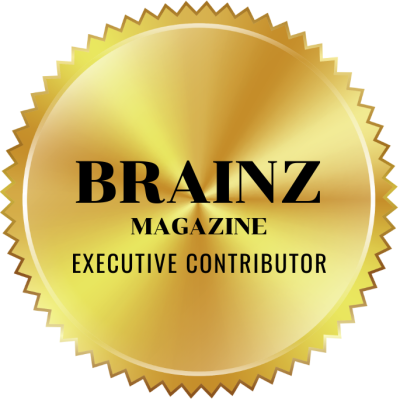“If a cluttered desk signs a cluttered mind, of what, then, is an empty desk a sign?” Albert Einstein
Whilst some of you might argue that it represents an empty mind I would counter-argue that an empty or tidy desk represents an organised mind. One where everything has a place. And when everything is organised you can save time. Organisation gives you focus.
A recent survey by Brother International interviewed about 800 office workers and the findings estimated that 76 hours per year or nearly two work weeks per person are lost searching for items around the office or on the computer. Three out of ten people admit to losing a file folder a year and one out of four lost a mobile phone, a calculator and/or a flash memory drive.
Staggering, what a massive waste of time. Imagine what else you could do with this time instead. So how do you get started.
1) Set aside 10 mins a day for a week each and every day
2) Collect all the clutter together
3) Put all the stuff you have never looked at in boxes
4) If you’ve not looked at the stuff in months either dump it or decide what you want to do with it
5) With things you want to save (or might need again) make a decision to work through that pile over the next week.
6) Put everything else away, find a space in your office for it
7) Make all your desk area clean and then keep it that way
8) Create a system for tidying your desk each evening before you close down
9) Finally plan the next day activities so you have no opportunity for procrastination
10) Just do it and get into action
So get going now and start tidying up your desk. You’ll be amazed at the clarity you experience from having a decluttered environment.
And if you continually struggle with focus chances are you are struggling with Entrepreneurial Attention Deficit Disorder (EADD). So why not join my Facebook group and check out the 5 day masterclass I ran on STOP Faffing, START Focusing





